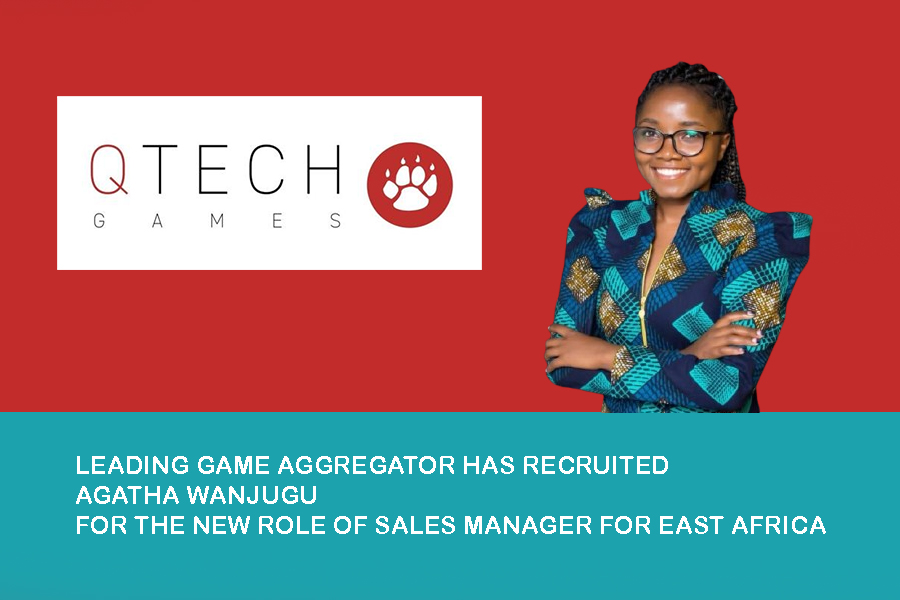Asia
Interview with VSPO CEO: How China esports differs from the West
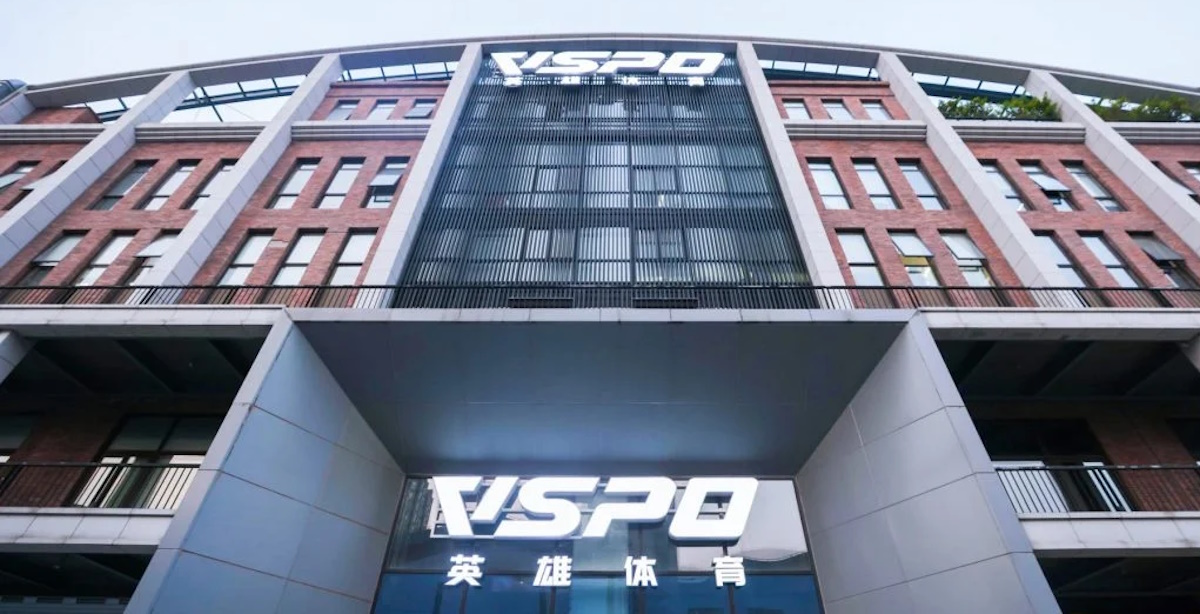
China has long been in a leading position when it comes to the esports industry, home to many top esports players and a massive fanbase that supports them. However, China’s esports market operates substantially differently from Western markets. What is China’s esports ecosystem like, and how has it been affected by industry troubles that have plagued the West?
In an extended interview with VSPO, a major tournament organiser in China that runs some of the country’s biggest leagues, Esports Insider provides an insight into an ecosystem that is frequently heard about but rarely discussed in Western media.
In the hour-long chat, conducted in Mandarin and translated into English, Dino Ying, CEO of VSPO and Danny Tang, CFO of VSPO, discussed everything from the company’s founding story to the ‘esports winter’ that has left a chill on the shoulders of prominent stakeholders.
The original story
VSPO is an influential actor in the Chinese esports sector. Founded back in 2016 as VSPN, the company’s goal was to offer comprehensive services within esports, spanning production, operation and entertainment. The business primarily consists of three cores: the organisation and operation of esports events, commercialisation, and community management.
Since then the company has worked with top-tier professional esports competitions on game titles Honor of Kings, Peacekeeper Elite (PUBG Mobile in China), CrossFire, League of Legends and many more. VPSO also organised the latest Asian Games (which were postponed to 2023) in Hangzhou, China, which saw esports matches getting medal recognition for the first time.
According to Ying, the formation of VSPO began when he realised there was a strong demand for content and high-level competition in China, but the supply side was lacking. By building esports complexes across multiple cities around the world, the company wanted to bring a range of experiences — from online to offline — to esports fans.
Tang added: “From the very first day of our entrepreneurial journey, we had a clear vision: drive and witness esports become a more influential sport and form of entertainment. Over the past six to seven years, we have gradually seen esports unleash its impact worldwide.”
Assessing the Chinese esports market
Since its creation, the company has seen significant changes in the esports landscape, none more so than the mobile esports ecosystem. According to VSPO’s CFO, the decision to focus on the mobile gaming route has paid off in the Eastern world.
“Our judgment at that time was that mobile phones would definitely become mainstream because as more and more time was spent on mobile gaming, the demand for content and experience would naturally shift to the mobile side,” mentioned Tang.
Alongside the growth of gamers across mobile, PC and console, esports also rose in popularity, becoming part of China’s pop culture extremely quickly. Back in 2019, League of Legends professional player Jian ‘Uzi’ Zi-Hao was voted Weibo Person of the Year, beating all the other Chinese celebrities on the platform. Esports is also featured in several TV series, including ‘Crossfire’ and ‘You are my Glory’.
Paired with the development of technology and the enhancement of online and offline competitions, tournament organisers also started to make major events become ‘fan spectacles’ alongside sporting competitions.
According to Tang, the industry is entering a phase where it is trying to break previous barriers, caused by specific preferences of local markets and game titles. “I believe that in the coming years, the industry will break those barriers, truly achieving global integration”, she said.
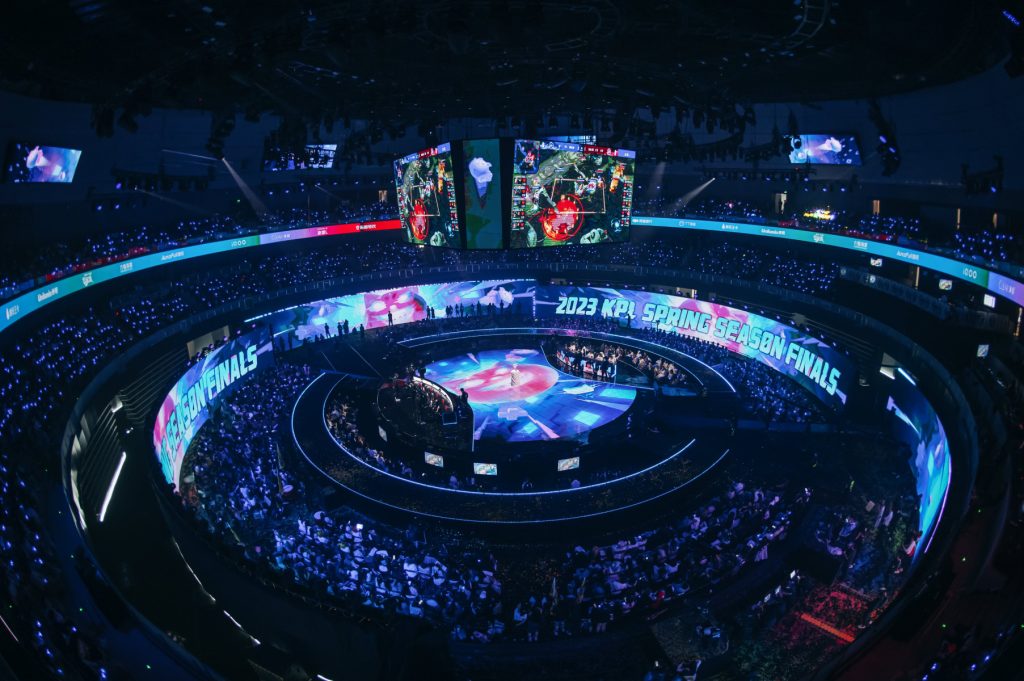
VSPO’s investment from Savvy Games Group
VSPO came under the spotlight in the Western world when the company received a $265m (~£219m) investment by Saudi Arabian government-owned esports company Savvy Games Group, which intends to accelerate and support VSPO’s global strategy.
The news received some criticism from the esports community due to the country’s human rights record, and Saudi Arabia’s government getting increasingly involved in esports has led to a backlash within sections of the industry. Savvy Games Group has heavily integrated itself into esports over the past few years. The company formed the ESL FACEIT Group, which recently faced a round of layoffs, for $1.5bn (~£1.19bn) in 2022. This also sparked concerns over ‘esportswashing’, a term used to describe how esports is used mask the country’s rights record.
From a business perspective, though, VSPO claims that the two parties are aligned. “When we first interacted with Savvy [Games Group], everyone’s view on esports was consistent,” said Ying. “We both agreed and shared the vision of establishing a recognised and independent event system. Overall, the feeling was good.”
Has China been affected by the Esports Winter?
Despite its chilling name, the so-called esports winter has been a hot topic in recent times. Following the industry’s downturn and economic struggles, various esports companies have gone through shutdowns, layoffs, consolidations and restructurings.
Whilst there are always going to be outliers, businesses in the esports space have struggled to generate profits. Moreover, the allure of creating short-term business models in exchange for growth is slowly disappearing due to its unsustainability. While this trend is affecting the industry worldwide, Ying claims that the ‘esports winter’ has not impacted his own company.
When asked about his thoughts on the subject, the CEO gave a clear reason as to why he believes the Western world is facing such challenges: a lack of strong competitive performances and the development of higher-quality competition.
The Chinese community is known for its results-focused nature, which correlates with fanbases watching the best competitive content. Ying made an interesting comparison with traditional sports. “In football, there are leagues that are more commercialised than others. The fans worldwide end up watching the most competitive European leagues like the Premier League, whilst the Chinese domestic league doesn’t have such a great following.”
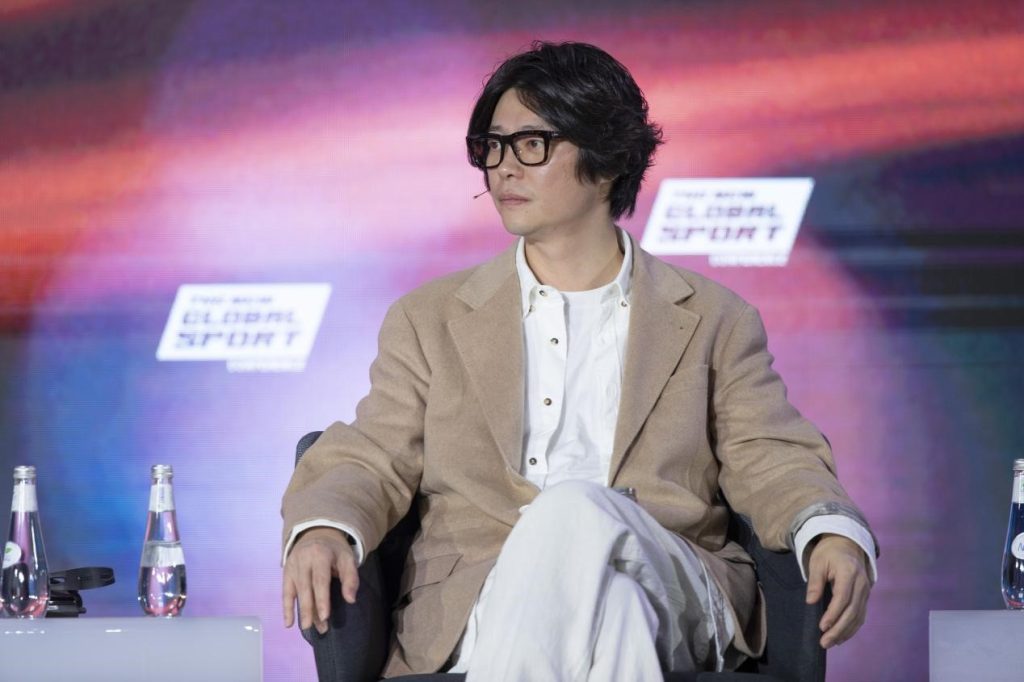
This same logic is applied to esports. He explained that since the Western domestic market is not the best from a competitive perspective, it becomes increasingly difficult to commercialise it: “The problem now is that the internet allows users to get easy access to the best content. So, if you do not provide the best content, they won’t watch it.”
According to Ying, a lack of strong competitive results is a major factor behind the worse commercialisation. The accessibility of fans across the globe further amplifies the issue. “Sponsors know you’re not the best in the world, so commercialising is difficult because users can directly watch matches from the best regions such as China and South Korea.”
He revealed that China also suffers from similar issues, depending on which titles it competes in. “Competitive teams from games like League of Legends, Honor of Kings, PUBG, they all can support themselves. Others, instead, struggle. Why? Poor performance,” he added.
Still, Ying did admit that China having lower costs to run competitions is a major factor that has impacted the country’s esports sustainability. For example, he highlighted that one of its largest sponsorship deals for the KPL (King Pro League), the Chinese professional league for Honor of Kings, was worth around $10m (per year). “While it is more than enough to operate in China, it would be unfeasible for a large sports league in the United States,” he added.
Focusing on community
While there are several hurdles to tackle, esports is still growing and more opportunities will arise. Danny Tang is convinced that more changes need to happen in the gaming landscape to reduce the esports winter’s effects — and not just from a business and commercial perspective.
Community is a big part of what makes esports tick, so enlarging the fanbase should, in theory, benefit the scene in the long run. Tang put a particular emphasis on the female audience, which is already close to 50% in China, according to a Chinese 2023 Global Esports Industry Development report.
Encouraging people to be part of this culture and developing a more inclusive community is what allows products to transition from a niche to mainstream status. By doing so, a larger community opens up a lot more room for monetisation, including sponsorship opportunities and the commercialisation of services and products.
Tang is convinced that game companies should find ways to incentivise participation by lowering the barriers to entry, which explains why the mobile and freemium models have been so successful. “All designs are focused on providing joy to players, and esports becomes part of their product content,” Tang explained.
“As long as you provide them with a conducive environment and more ways for beginners to integrate into this environment, they will be willing to interact and watch matches.”
Source: Nico Partners / esportsinsider.com
-

 Asia3 days ago
Asia3 days agoDigital gaming disruption tackled in 1st AsPac Regulators’ Forum
-
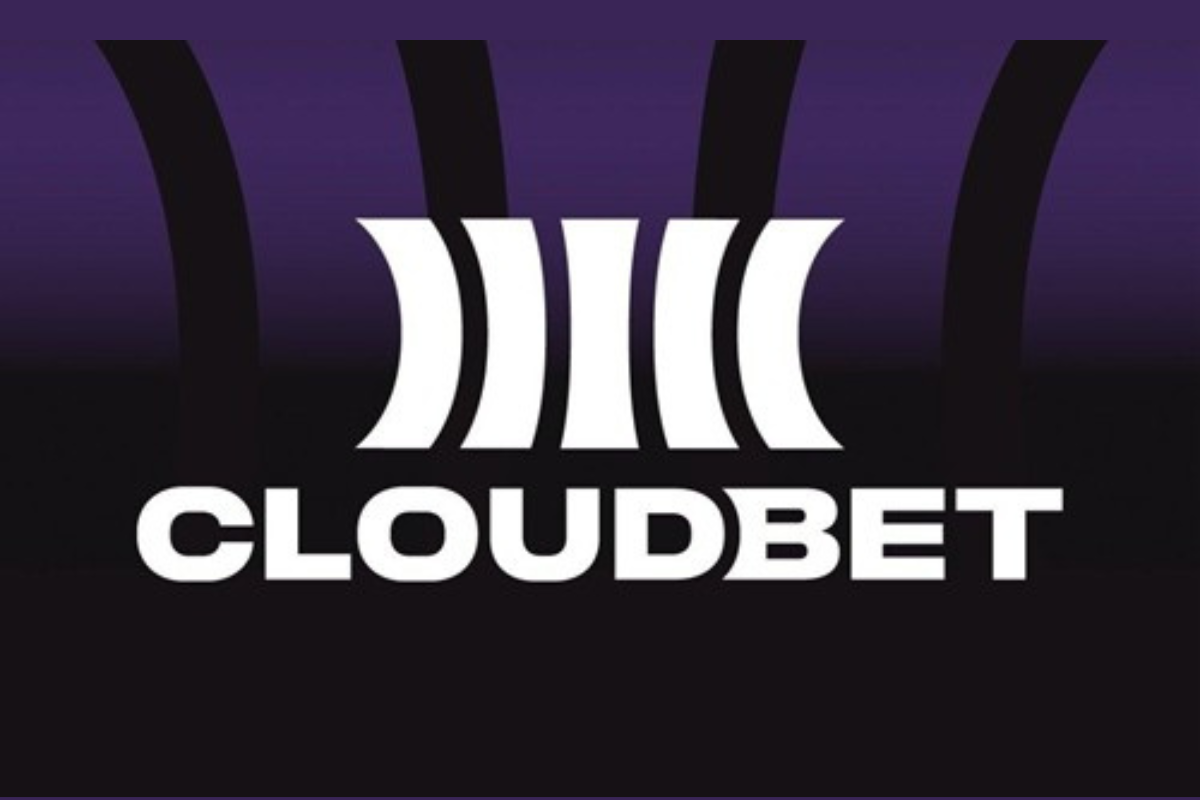
 Latest News6 days ago
Latest News6 days agoCloudbet maps regional betting trends in August–September 2025
-

 Latest News6 days ago
Latest News6 days agoHigh Roller Launches New Online Casino Brand in Finland
-

 Latest News6 days ago
Latest News6 days agoNetBet Denmark expands its casino library by adding SYNOT Games as a provider
-

 Central Europe6 days ago
Central Europe6 days agoPromatic Games and SYNOT Interactive Announce Strategic Partnership to Strengthen iGaming Expansion in Central and Eastern Europe
-
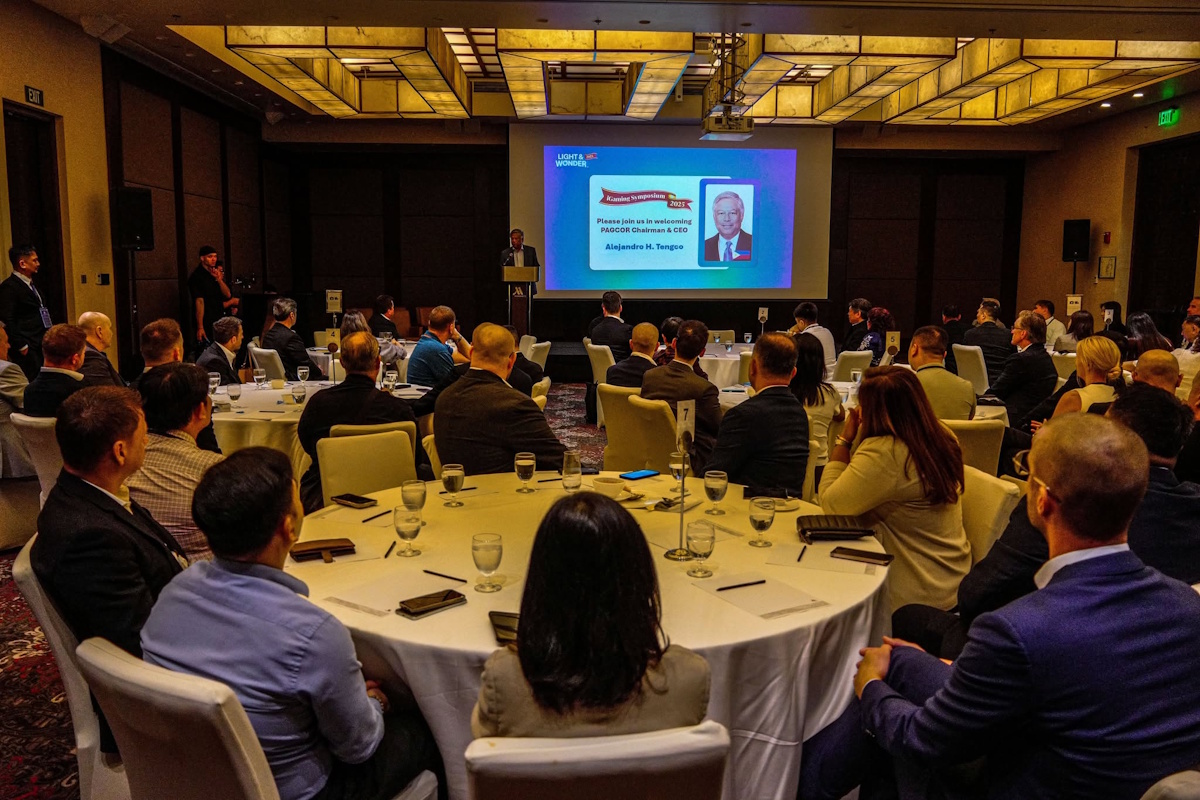
 Asia5 days ago
Asia5 days agoPAGCOR chief pushes for stricter regulation, not online gaming ban
-
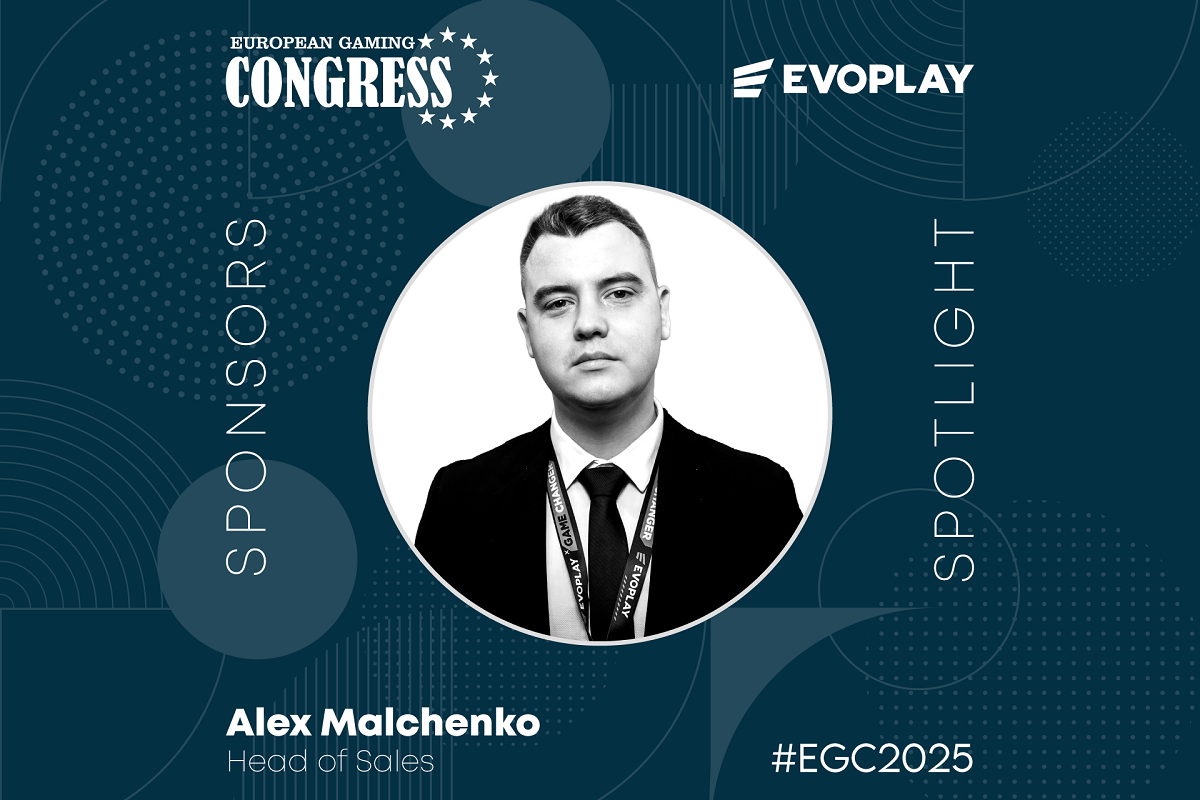
 Conferences in Europe6 days ago
Conferences in Europe6 days agoStrategies that Scale: Evoplay’s Alex Malchenko on Cracking the Code of Localised iGaming Success
-

 Conferences in Europe6 days ago
Conferences in Europe6 days agoNew Gamification Academy at SBC Summit to Present Fresh Approaches to Player Engagement















